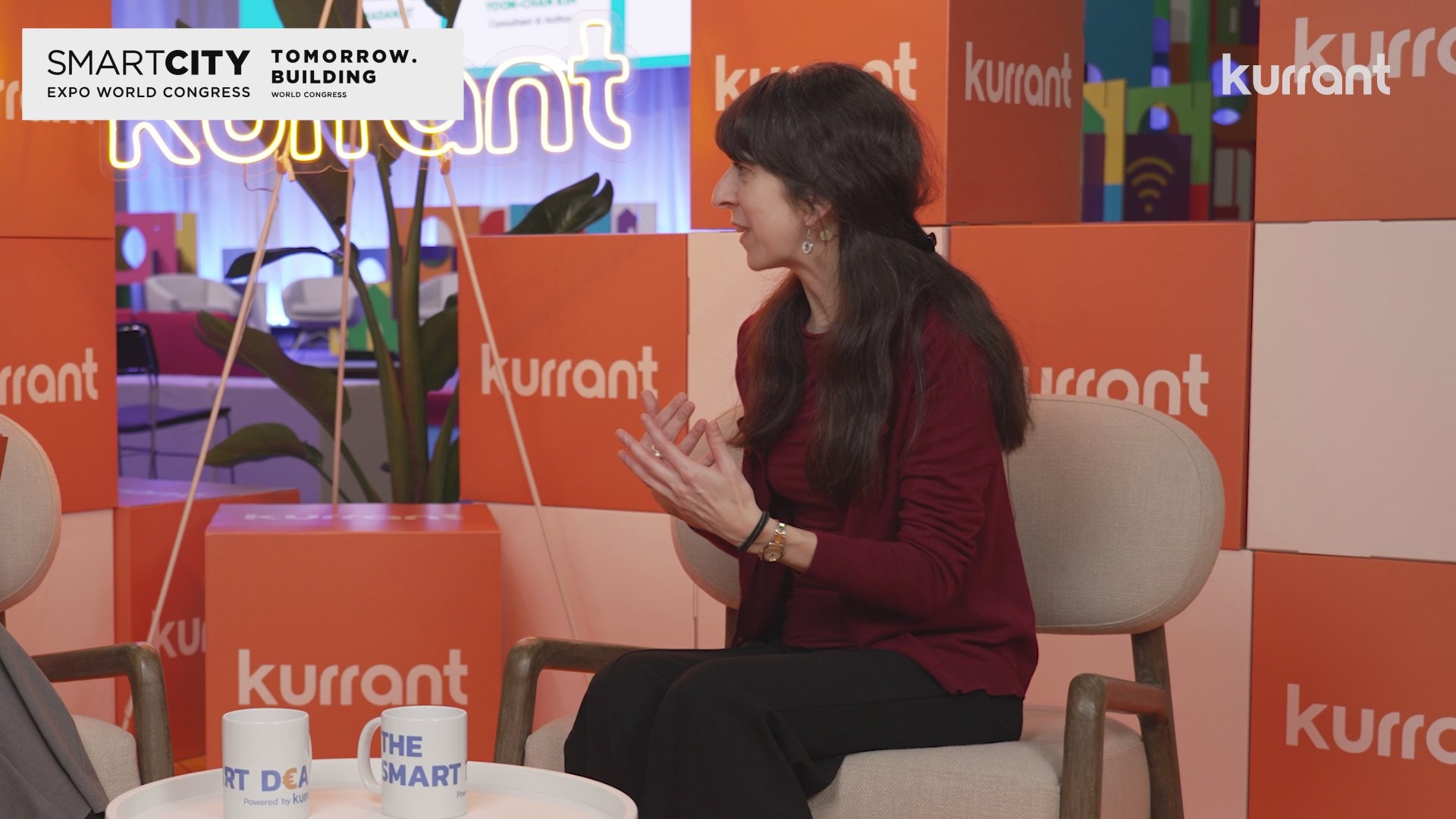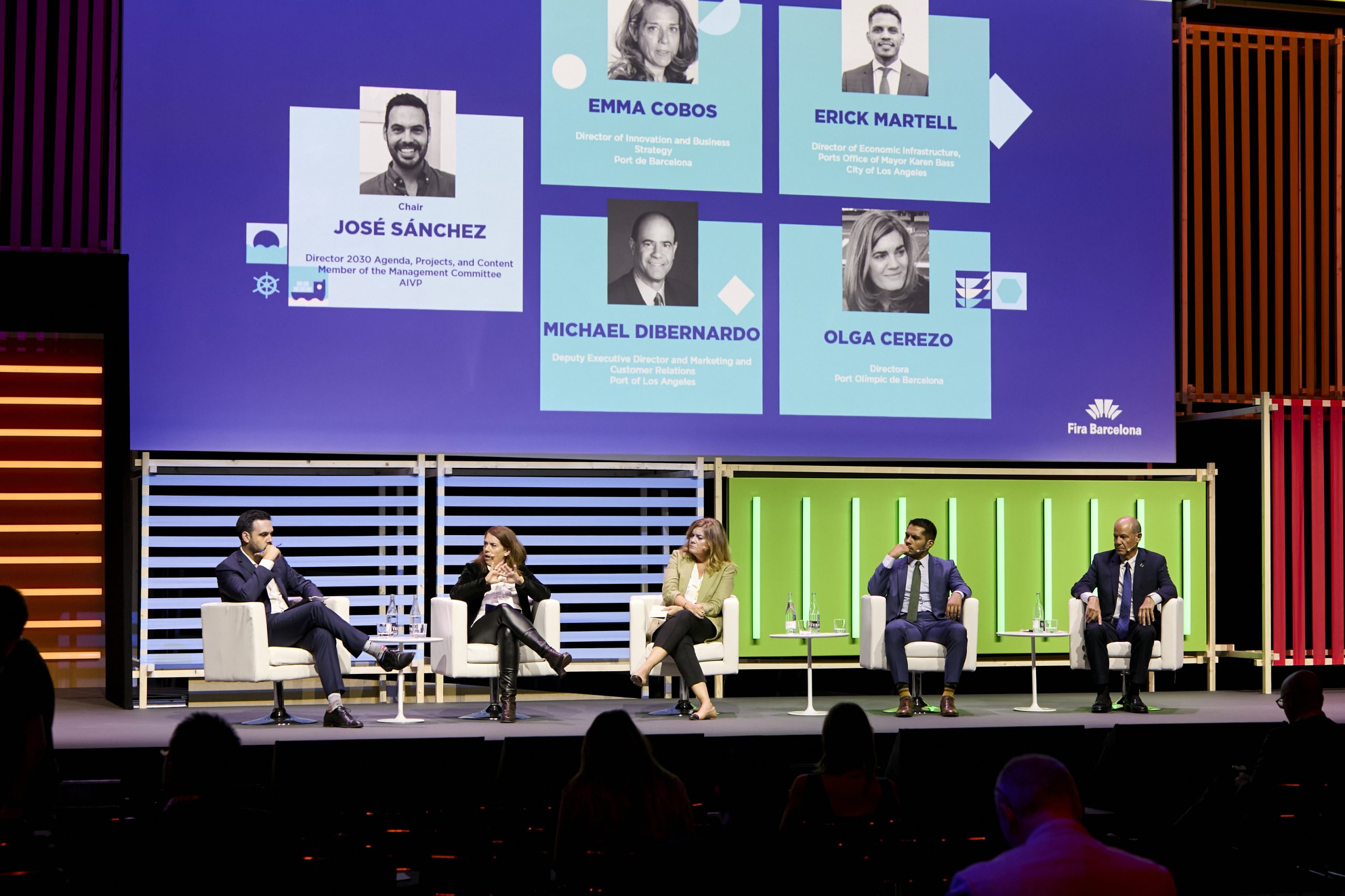Author | Diana Pardo VarelaNew technologies have revolutionised each and every sector of the economy. Accordingly, the financial sector has evolved into the Fintech branch, the real estate sector into Proptech and the insurance sector into Insurtech. But… What about human capital?The HR sector is no exception to this rule. New tools have changed talent recruitment and selection processes, as well as the way in which candidates search for employment. The challenge many companies face today is the implementation of specific Big Data programmes to transform HR processes and automate tasks.
Smart Cities & the Millennial Generation
The Millennial generation (Y), as the name indicates, refers to people who turned 18 during the change of millennium, although being a millennial is more a case of mentality that date of birth.A general profile depicts them as entrepreneurs and creative people, who are active on social media and adaptable to changes around them. They feel comfortable in the digital environment and prefer multidirectional communication. And they are not afraid to question situations and opinions. Equally important is their high tolerance for failure.
What do they look for in a job?
One could say that Millennials seek continuous learning. Millennials prefer projects with a start-date and an end-date, they avoid monotonous activities and value “emotional salaries” more than economic salaries. They are also multitaskers.This generation fits naturally into Smart Cities, which use ICT as the foundation for all their infrastructures and environments, guaranteeing sustainable development.
Employability in Smart Cities
Most online employment platforms and search engines already include job offers for Smart Cities, therefore, it has gone from being “a thing” of the future to become a reality of today. The Renaissance Hotspots study refers to the generation of 1.1 million jobs in Europe by 2025 and 1.47 million by 2030. The development of Smart Cities marks the beginning of new professional profiles:?Artificial intelligence educational programmer?Internet of Things architect?Remote assistance advisors for apps?Specialists in ecommerce, communication and digital marketing?Experts in Domotics and Immotics?Specialists and lawyers in cybersecurity and robotics?Data engineers and architects?Platform monitoring and maintenance techniciansThe classic labour market is experiencing a full-blown transformation. We are still unaware of the impact and infinite professional possibilities that Smart Cities will offer us.
Mobile Recruiting, the new way of capturing talent
As mentioned earlier, the Millennial generation is marked by new technologies. Around 80% use mobile devices to find jobs. Spain occupies the highest position in Europe in terms of smartphone usage. There are around 29 million active users, nearly 70% of the national population.If we look at the US, Americans spend around three hours a day using mobile applications, including looking for jobs. Given this figure, it is clear that the use of mobile phones for recruitment and selection processes is a reality.
What are the main advantages of Mobile Recruitment?
- Immediacy: There are numerous downloadable applications that allow users to create a profile, boost their personal brand and receive immediate notifications of job opportunities.
- Direct access to Social Media: All reputable brands have their own profile. Employees can express their opinions, experiences, background, etc. and brands publish available vacancies daily, thus speeding up the process.
- Job bank apps: These programmes include filters relating to available jobs, which can be checked at any given time.
Smart Cities bring new forms of employment which, in turn, demand innovative professional profiles.
The question is…
Are companies prepared to adapt ICT to talent recruitment and selection processes? They are not all reacting at quite the same speed, but it is clear that the future of Smart Cities also includes making use of the skills of Millennials, which are essential in order to reach their maximum potential.Images | Scott Webb/Unsplash, Matthew_T_Rader/Unsplash






















































